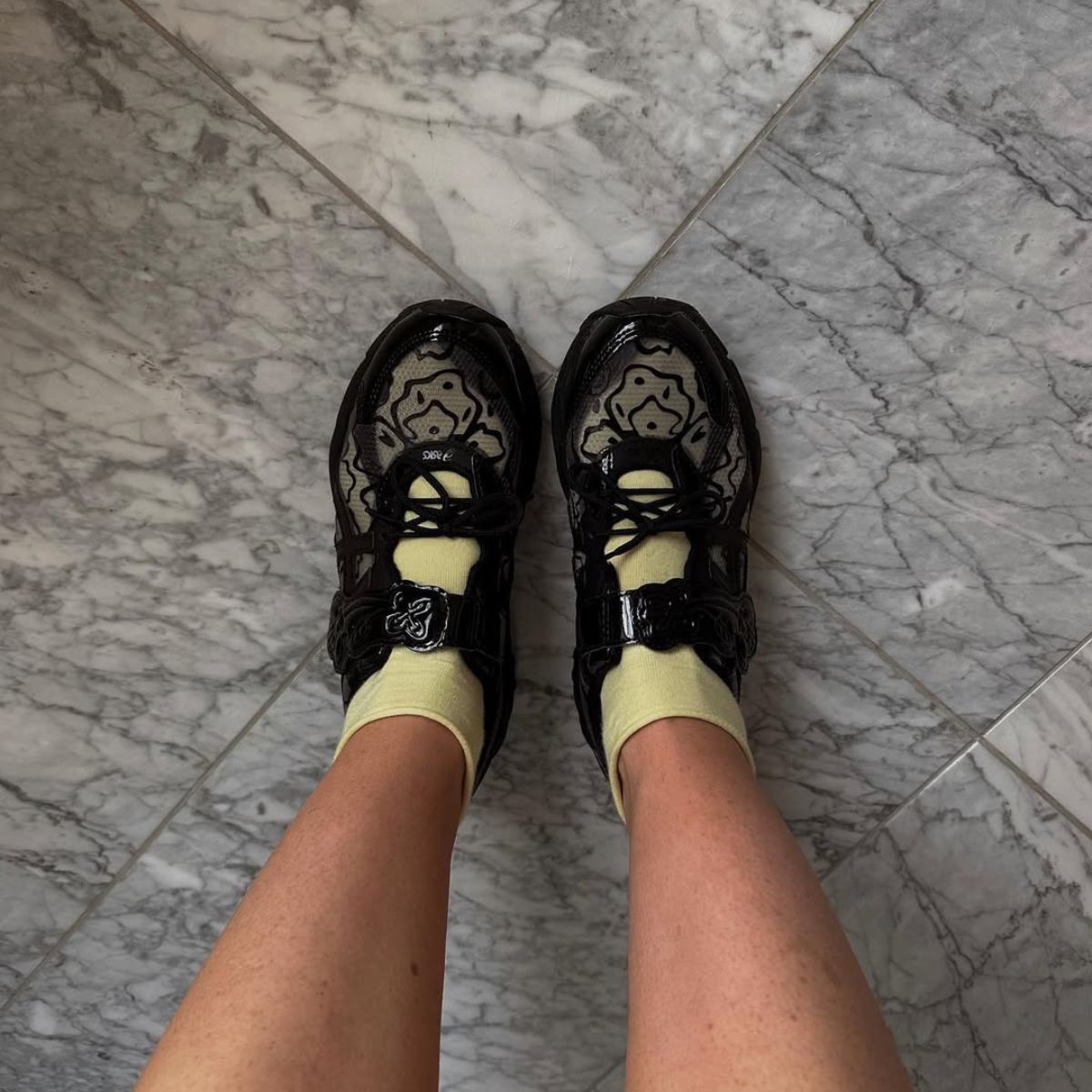The Alienation Effect by Owen Hatherley review – how immigrants reshaped postwar Britain
Behind many symbols of quintessentially British culture – from Picture Post to Pevsner’s guides – were refugees who fled Europe in the 1930s and 40sIn the early 1940s, the publisher Collins launched a series of books called Britain in Pictures – “bright, slim volumes”, as Owen Hatherley calls them, on such quintessential national subjects as cricket, inns, “English clocks” and “British explorers”, written by the likes of John Betjeman, Edith Sitwell and George Orwell. It’s hard to imagine a more patriotic project (“a paroxysm of island backslapping”, Hatherley says) except that, “at every level except for the texts”, this was “an entirely central European endeavour”.Its mostly female staff of designers, editors, typographers and publishers was made up of recent refugees from countries that had succumbed to fascism, many of whom had to be released from internment on the Isle of Man in order to work on the books. Adprint, the company that produced and packaged Britain in Pictures, was the creation of the Viennese-born publishers Wolfgang Foges and Walter Neurath. The latter, with his wife Eva, would go on to found Thames & Hudson. Continue reading...

Behind many symbols of quintessentially British culture – from Picture Post to Pevsner’s guides – were refugees who fled Europe in the 1930s and 40s
In the early 1940s, the publisher Collins launched a series of books called Britain in Pictures – “bright, slim volumes”, as Owen Hatherley calls them, on such quintessential national subjects as cricket, inns, “English clocks” and “British explorers”, written by the likes of John Betjeman, Edith Sitwell and George Orwell. It’s hard to imagine a more patriotic project (“a paroxysm of island backslapping”, Hatherley says) except that, “at every level except for the texts”, this was “an entirely central European endeavour”.
Its mostly female staff of designers, editors, typographers and publishers was made up of recent refugees from countries that had succumbed to fascism, many of whom had to be released from internment on the Isle of Man in order to work on the books. Adprint, the company that produced and packaged Britain in Pictures, was the creation of the Viennese-born publishers Wolfgang Foges and Walter Neurath. The latter, with his wife Eva, would go on to found Thames & Hudson. Continue reading...










![[FREE EBOOKS] The Ultimate Linux Shell Scripting Guide, Artificial Intelligence for Cybersecurity & Four More Best Selling Titles](https://www.javacodegeeks.com/wp-content/uploads/2012/12/jcg-logo.jpg)































































